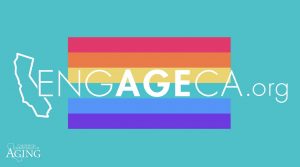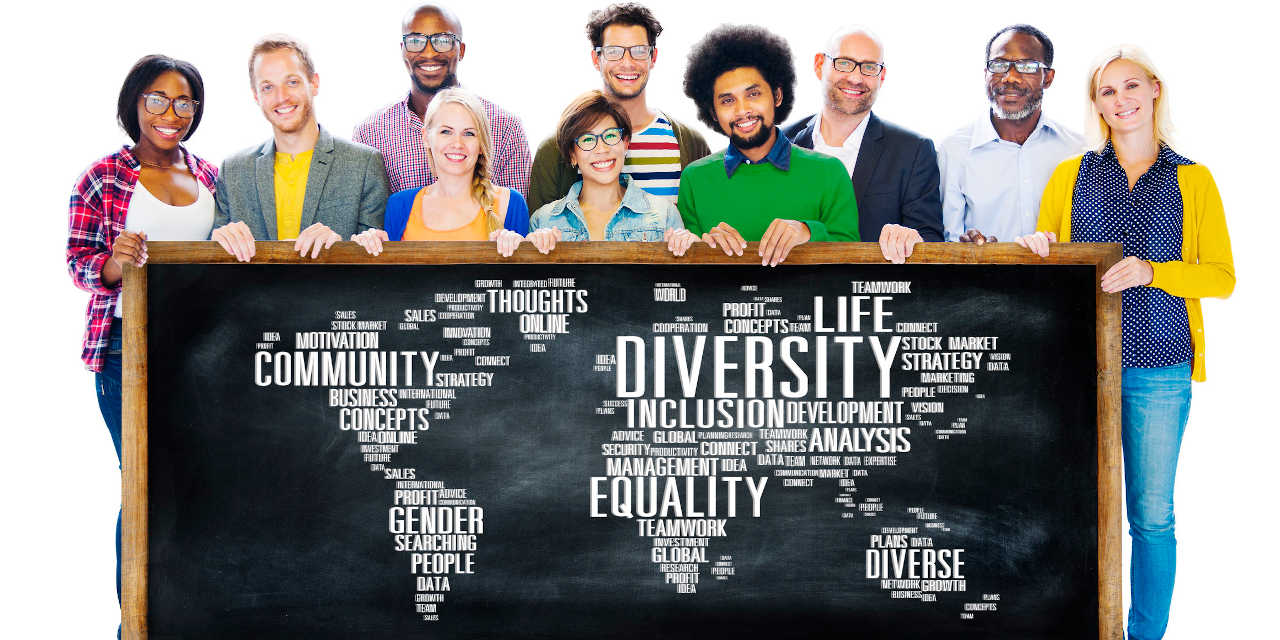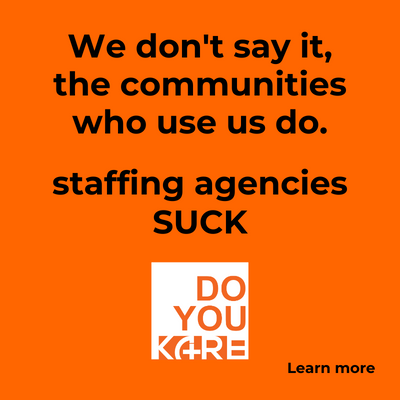By Jack Cumming
Work to develop the Master Plan for Aging resumed in late June after a hiatus to allow stakeholders and civil servants to address the COVID-19 crisis. Early indications are that the Master Plan process has benefited from the pause. COVID-19 brought home to us our shared dependence on one another. Then, shockingly vivid videos – Ahmaud Arbery, Amy Cooper, George Floyd, and others – forced us to confront our ongoing racism. Beyond recognized biases, we have had to grapple also with those presumptions that were so deeply embedded that many of us were often unconscious of them.
Equity and Goals
The Equity Work Group, formed shortly before the pause, met via Zoom on June 24, 2020. And it was quickly evident how central its work is to the crafting of the larger plan. The Equity group’s principles impact all the other four goals envisioned.
Those four goals are: 1: Long Term Care Services & Supports; 2: Livable Communities & Purpose; 3: Health & Well-Being; and 4: Economic Security & Safety. The Governor’s June 2019 order launching the Master Plan process directed that the Goal 1 Subcommittee report to him by March 2020. So that work is largely completed while work on the remaining three goals continues. Work on Goal 4, as of June 24, is yet to begin.
A Plan for All Ages and All Californians
The pause brought relief from the previous deadline-driven intensity. That may account for the new openness toward consensus building. Previously, there had been recognition of the need for multi-cultural communication across language and ethnic borders. But it’s become very clear since then that African Americans have unique needs. It was heartbreaking to hear speaker after speaker talk of how African Americans have been treated differently from other ethnic groups that are integrating themselves into the American experience.
Even before the COVID-19 pause, rooting out discrimination was a recurrent theme. But now the conversation has turned positively toward creating an inclusive aging process and society. The result is likely to be more effective than a negative focus on stopping ageism, enforcing compliance, etc. The focus now is on giving Americans of all ages and circumstances the life opportunities and experiences that our freedoms promise us.
Social Transformation
Francis Fukuyama, the Stanford Professor, recently said that crisis can shock a culture out of polarization and toward a common purpose. Stakeholders, the center of the current Master Plan process, are by their employment or passions committed to their special interests. My sense, while listening to the June 24 discussion, was that Fukuyama was right. The twin catastrophes of pandemic and racism have snapped people out of the narrow concerns of their affiliations to come together in a common vision of a more inclusive society.
Catherine Blakemore urged the group to make the Master Plan transformative, even as she recognized that transformation will be a long process with many incremental steps along the way. The transformative idea is an inclusive society in which all people are accepted, respected, treated with dignity, and accorded the same opportunities regardless of race, age, religion, gender, physical condition, orientation, ethnicities, or any one of the many disparate elements that make up our individual identities.
If the Master Plan for Aging can result in a proactive movement in California that aligns government with all other endeavors to create a common shared culture, it will truly be transformative. There are many more steps before we can see that vision come together. Once the Master Plan is ready, the result goes to the Governor’s Cabinet, which for this purpose will be constituted as a Cabinet Level Workgroup for Aging, so it’s hard to envision what political outcomes and practical actions may result.
Social Rights
Danielle Allen, like Fukuyama a thinker about government, believes that newer democracies have fared better in the current crisis because they incorporate in their foundational thinking a concept of social rights. Perhaps, the government process that is the Master Plan for Aging can evolve to define those social rights for all who are aging in California.








